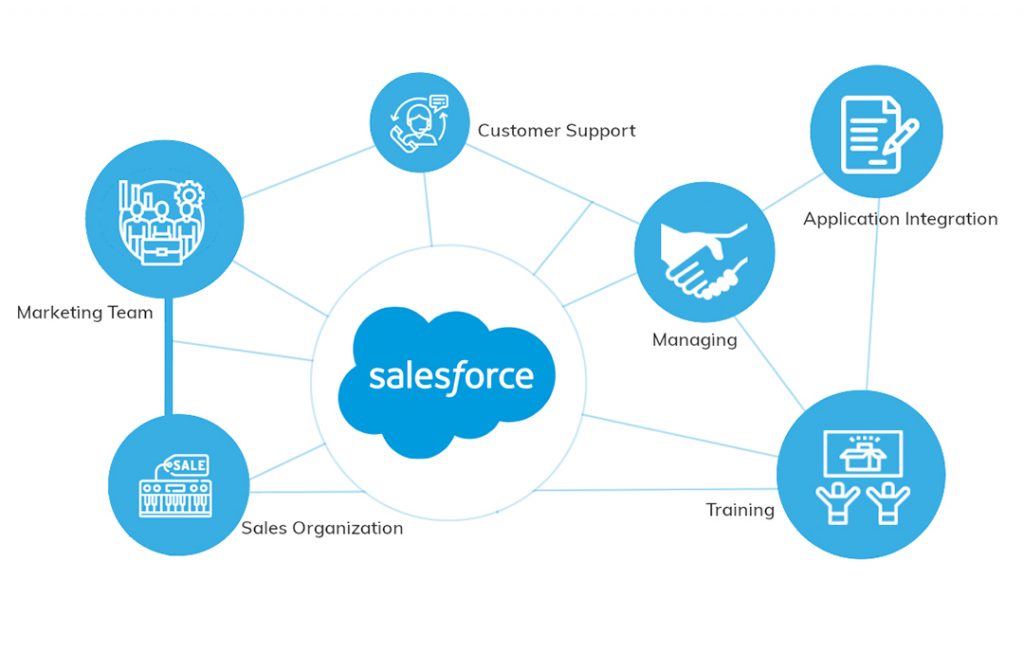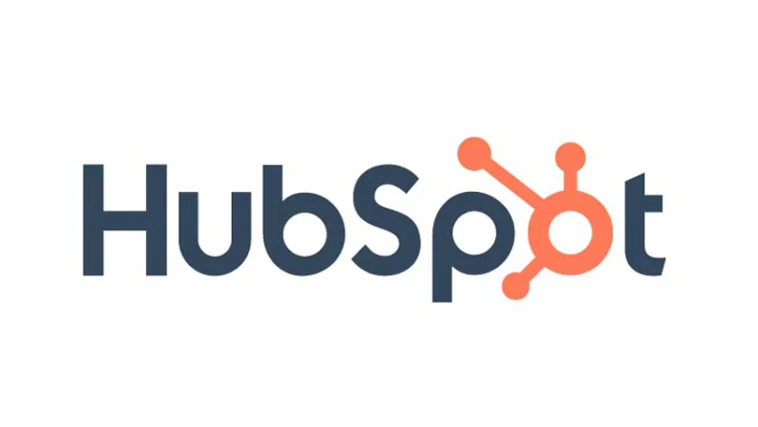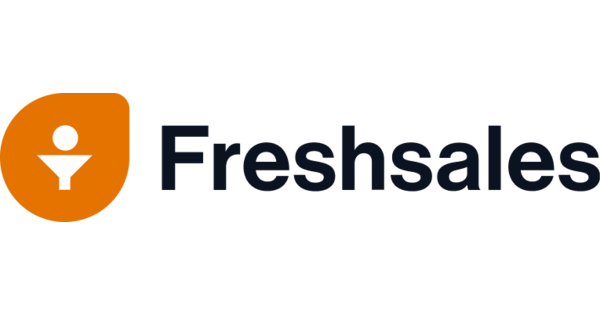Top Best 6 CMS Software Reviews Site Salesforce Software Review: Advantages and Disadvantages
Introduction
Customer Relationship Management (CRM) software is essential for businesses to manage customer interactions and streamline processes. With numerous CRM solutions available, selecting the best one depends on various factors such as features, usability, scalability, and pricing. This article reviews the best CRM software, covering six key points: features, ease of use, integrations, scalability, pricing, and customer support. We will also discuss their advantages and disadvantages to help businesses make informed decisions.
1. Salesforce CRM

Features
Salesforce is one of the most popular and powerful CRM solutions. It offers robust features including lead management, sales forecasting, workflow automation, AI-powered insights, and detailed reporting.
Ease of Use
Salesforce has a steep learning curve but offers extensive customization and functionality, making it ideal for large businesses.
Integrations
It integrates with thousands of third-party applications such as Slack, HubSpot, and Microsoft Teams, enhancing productivity.
Scalability
Salesforce is highly scalable, catering to startups, small businesses, and large enterprises.
Pricing
Pricing starts at $25 per user per month for basic plans, with enterprise-level plans exceeding $300 per user per month.
Customer Support
Salesforce offers 24/7 support via phone, chat, and email and an extensive knowledge base.
Advantages
- Highly customizable and scalable
- AI-powered analytics
- Extensive integrations
- Strong reporting and automation features
Disadvantages
- Expensive compared to competitors
- Steep learning curve
- Requires technical expertise for customization
2. HubSpot CRM
Features
HubSpot CRM provides contact management, sales automation, email tracking, reporting dashboards, and live chat support.

Ease of Use
Known for its user-friendly interface, HubSpot is easy to navigate, making it a great choice for beginners.
Integrations
It integrates Gmail, Outlook, Slack, Shopify, and various marketing tools.
Scalability
Best suited for small to mid-sized businesses but offers enterprise plans as well.
Pricing
The basic CRM is free, while premium plans start at $45 per user per month.
Customer Support
Provides email, chat, and phone support for paid plans, and a comprehensive knowledge base for free users.
Advantages
- Free version available
- Intuitive and easy to use
- Strong marketing automation features
- Seamless integration with HubSpot’s ecosystem
Disadvantages
- Limited customization options
- Expensive advanced features
- Reporting capabilities could be improved
3. Zoho CRM

Features
Zoho CRM offers AI-driven analytics, workflow automation, omnichannel communication, and lead scoring.
Ease of Use
Simple interface but requires some training to leverage advanced features.
Integrations
Compatible with Zoho Suite, Google Workspace, Slack, and various third-party apps.
Scalability
Ideal for small to large businesses.
Pricing
Starts at $14 per user per month with an enterprise plan at $52 per user per month.
Customer Support
Provides 24/7 support via chat, email, and phone.
Advantages
- Affordable pricing
- AI-driven analytics
- Good automation features
- Strong integration with the Zoho ecosystem
Disadvantages
- Limited third-party integrations compared to Salesforce
- The interface can be overwhelming for beginners
- Customer support could be better
Read More: HubSpot CRM Software Review: in 2025
4. Pipedrive

Features
Pipedrive CMS focuses on sales pipeline management, offering lead tracking, email automation, and reporting tools.
Ease of Use
A simple, drag-and-drop interface designed for sales teams.
Integrations
Integrates with Gmail, Microsoft Teams, Zapier, and more.
Scalability
Best for small and medium-sized businesses.
Pricing
Starts at $14.90 per user per month, with advanced plans at $99 per user per month.
Customer Support
Offers email and chat support; phone support is available for higher-tier plans.
Advantages
- Easy-to-use interface
- Great for sales pipeline management
- Affordable pricing
Disadvantages
- Limited marketing automation
- Fewer integrations than competitors
- Reporting could be more robust
5. Microsoft Dynamics 365

Features
Microsoft Dynamics 365 combines CRM and ERP solutions, providing sales automation, customer insights, and AI-powered analytics.
Ease of Use
Requires technical expertise but offers deep customization.
Integrations
Integrates seamlessly with Microsoft products like Outlook, Teams, and Power BI.
Scalability
Ideal for medium to large enterprises.
Pricing
Starts at $65 per user per month, with enterprise plans exceeding $150 per user per month.
Customer Support
24/7 support is available with various service plans.
Advantages
- Deep integration with the Microsoft ecosystem
- AI-driven insights
- Highly customizable
Disadvantages
- Expensive pricing
- Steep learning curve
- Requires IT expertise
6. Freshsales (by Freshworks)

Features
Freshsales provides AI-driven lead scoring, automation, built-in phone, and email tracking.
Ease of Use
User-friendly with a minimal learning curve.
Integrations
Works with Freshworks suite, Zapier, and email providers.
Scalability
Ideal for small to medium-sized businesses.
Pricing
Starts at $15 per user per month, with enterprise plans at $69 per user per month.
Customer Support
Phone, email, and chat support are available.
Advantages
- Easy to use
- AI-powered automation
- Affordable pricing
Disadvantages
- Limited integrations
- Not ideal for large enterprises








